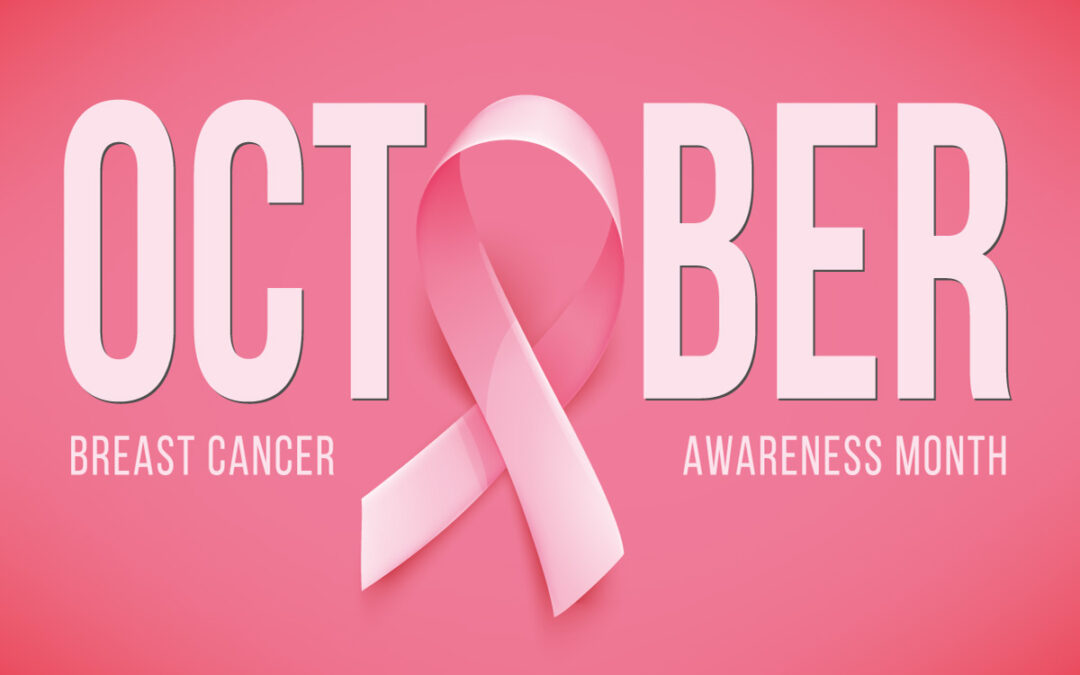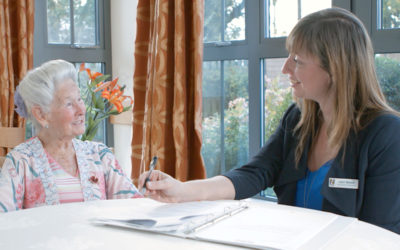This month is Breast Cancer Awareness Month. Breast cancer is the most common cancer in the UK, representing 15% of all new cancer cases.
It can affect men and women alike. If caught early enough it can often be treated and a quality of life maintained for the person receiving the diagnosis.
On the Friday 21 October Nellsar are supporting the ‘Wear it Pink’ Day which has been running for the last 20 years to raise money and awareness for Breast Cancer Now. Nellsar are encouraging staff to wear pink, or a pink ribbon, to raise awareness of the importance and benefit of self-examination and early diagnosis. The ‘Know Your Breasts’ booklets and other guidance will be seen around our Homes this week – you might also see lots of lovely pink outfits and cakes too!
There are things we can do in our own lives to help reduce the risk of breast cancer. Here are a few helpful tips;
Everyday chemicals
According to breastcancerprevention.org.uk we should think about the chemicals we use around the home and on our bodies. Many household cosmetics and cleaning products are a risk factor for breast cancer. Including the following:
- Cosmetics that contain parabens, phthalates, fragrances (parfum).
- Antiperspirants that contain parabens and aluminium salts, toothpaste that contains triclosan and soaps that contain triclosan or triclocarban.
- Using wet wipes, especially those that contain synthetic fragrances.
Eat a diet rich in Brassica vegetables
Breast cancer has been linked to disrupted levels of oestrogen. This hormone tells your breast cells to grow and reproduce. Brassicas help your body to send the more aggressive oestrogens down a safer pathway.
Brassicas include: spinach, broccoli, cauliflower, curly kale and Brussels sprouts – these are definitely not just for Christmas!
Self-examination
Knowing how your breasts feel normally will help you detect anything unusual. A change in the way your breasts feel or look could be a sign you need to make an appointment with your GP.
Lives can be saved with this simple habit of regular self-examination.


